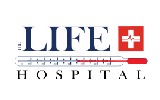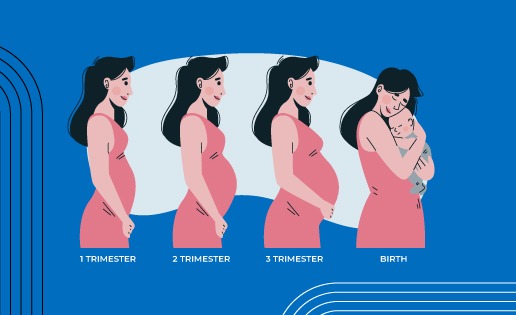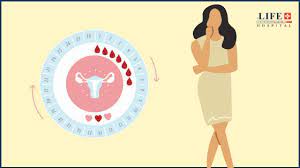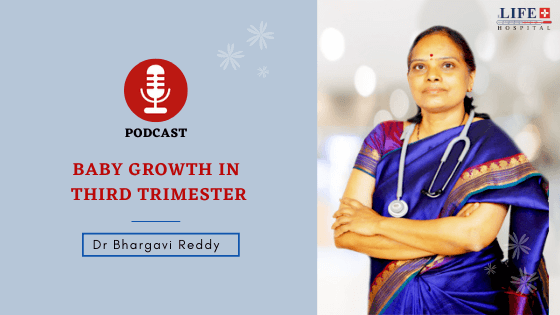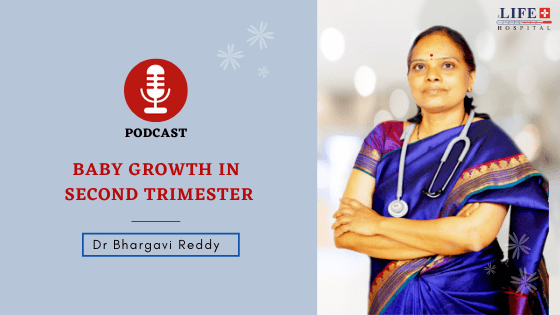Get the Best and Safest Laparoscopic Hysteroscopy Surgery
Avail the most effective, painless, and minimally-invasive hysteroscopy treatment by reputed gynecologists.
THE LIFE PLUS HOSPITAL Care is COVID 19 Safe
- Our Hospital premises are COVID safe
- Regular sanitization of clinic & hospital premises
- Immediate medical assistance through Online Consultation
Get the Best and Safest Laparoscopic Hysteroscopy Surgery
Avail the most effective, painless, and minimally-invasive hysteroscopy treatment by reputed gynecologists.
THE LIFE PLUS HOSPITAL Care is COVID 19 Safe
- Our Hospital premises are COVID safe
- Regular sanitization of clinic & hospital premises
- Immediate medical assistance through Online Consultation

What is Hysteroscopy?
Hysteroscopy is the process by which a gynecologist examines the health and functioning of a woman’s reproductive system. A small device, called a hysteroscope, is inserted through the uterus. It has a light and camera mounted which enables the doctor to view the cervix and the uterus closely. A hysteroscopy may also involve some kind of surgery. During operative hysteroscopy, small instruments are used to correct the condition that is inserted through the hysteroscope.
Let's Schedule Your Appointment
Treatment

Hysteroscopy is a form of minimally invasive surgery. The surgeon inserts a tiny telescope (hysteroscope) through the cervix into the uterus. The hysteroscope allows the surgeon to visualize the inside of the uterine cavity on a video monitor. The uterine cavity is then inspected for any abnormality. The surgeon examines the shape of the uterus, the lining of the uterus and looks for any evidence of intrauterine pathology (fibroids or polyps). The recovery time is very quick. Almost all the patients go home the same day following hysteroscopic surgery. There is no abdominal wound so the postoperative pain is minimal and there are no wound infections.
Diagnosis
For diagnostic purposes, hysteroscopy can be performed in the gynecologist’s clinic by administering local anesthesia. Small polyps can also be removed in this procedure. But, when the hysteroscopy is done in conjunction with a more in-depth surgical procedure, it is done in a hospital under local or general anesthesia.
Our Gynecologists who are Treating the Diseases
Why The Life Plus Hospital?
 The Life Plus Hospital is COVID-19 safe
The Life Plus Hospital is COVID-19 safe
Your safety is taken care of by thermal screening, social distancing, sanitized clinics, and hospital rooms, sterilized surgical equipment, and mandatory PPE kits during surgery.
 Medical Expertise With Technology
Medical Expertise With Technology
Our Doctors spend a lot of time with you to diagnose your condition. You are assisted in all pre-assisted Hospitalisation process. We offer advanced laser and laparoscopic surgical treatment. Our procedures are USFDA approved.
 Assisted Surgery Experience
Assisted Surgery Experience
A dedicated Medical Coordinator assists you throughout the surgery journey from insurance paperwork, to free commute from home to hospital & back and admission-discharge process at the hospital.
 Post Natal Care
Post Natal Care
We offer free follow-up consultations and instructions including dietary tips as well as exercises to every patient to ensure they have a smooth recovery to their daily routines.
The Life Plus Hospital in Numbers
Years Of Expertise
Successful Surgeries
Consultation
Success Rate
Our Blogs
OUR GYNECOLOGY CENTER IN BANGALORE
What is Hysteroscopy ?
Hysteroscopy is an operation in which a telescope is inserted through the mouth of the uterus and into the uterus to the inside of the uterus. Diagnostic hysteroscopy is used to try and find a cause for symptoms. Hysteroscopy may also be therapeutic or operative when treatment is performed.
Who might benefit from hysteroscopy?
A hysteroscopy may be used to try to determine the cause of various problems such as:
- Heavy periods.
- Irregular periods
- Bleeding after your menopause.
- Unexplained miscarriages.
How is hysteroscopy performed?
- A general anesthetic is administered, so the procedure itself is painless.
- A small 4mm telescope is passed via the vagina into the uterus for diagnostic procedure.
- In case the procedure needs to be changed into a therapeutic/operative procedure, the instrument is changed to an operative hysteroscope or a resectoscope as might be requires.
Which other procedures may be performed during hysteroscopy?
As well as being used to investigate the cause of various problems, it can also be used to
- Remove polyps- small lumps of tissues growing on the lining of the uterus
- Remove scar tissues in the uterus
- Remove adhesions (areas where the wall of the uterus are sticking together)
- Remove fibroids( non – cancerous growths in the uterus)
- Locate a lost or stuck contraceptive device, such as an intrauterine contraceptive device (IUCD)
- As a routine procedure before IVF ( test tube baby treatment 0 to rule out any problem inside the uterus
What are the advantages of hysteroscopy?
Compared with other, more invasive procedures, hysteroscopy offers the following advantages:
- Shorter hospital stay.
- Shorter recovery time.
- Less pain medication is needed after surgery.
- Avoidance of hysterectomy
- Possible avoidance of open abdominal surgery
- No scar and no stitches.
Keyhole surgeries performed at Life Plus Hospital Laparoscopy
Hysteroscopy
- Diagnostic hysteroscopy for infertility.
- Removal of Polyps – Polypectomy.
- Removal of fibroid – Myomectomy.
- Opening of blocked tubes – Tubal cannulation.
- Release of adhesions – Adhesiolysis.
- Removal of `lost’ IUCD (loops).
Tell us about your problems and we’ll figure out the best treatment option for you.
Life Plus hospital
Women and Child Care Hospital in Indiranagar | LifePlus Hospital
At Life plus hospital, we offer a comprehensive range of women’s health services. The Department is managed by highly experienced lady gynecological doctors who offer specialized attention and compassionate care for women
Let's Schedule Your Appointment
Hysteroscopy FAQ's
Yes, hysteroscopy is performed under the influence of anesthesia so that the patient feels no pain during the procedure.
Hysteroscopy is the medical procedure used to diagnose or treat problems of the uterus.
Certain conditions may make hysteroscopy more difficult or impossible to perform:
- abnormal position of the uterus
- obstruction of the cervical canal or uterine cavity
- scarring or narrowing of the cervical opening
You should be able to go home shortly after the procedure. If you had general anesthesia, you may need to wait until its effects have worn off.
It is normal to have some mild cramping or a little bloody discharge for a few days after the procedure. You may be given medication to help ease the pain. If you have a fever, chills, or heavy bleeding, call your doctor right away.
Hysteroscopy is a safe procedure. However, like any other medical procedure, there may be a small risk of complications.
